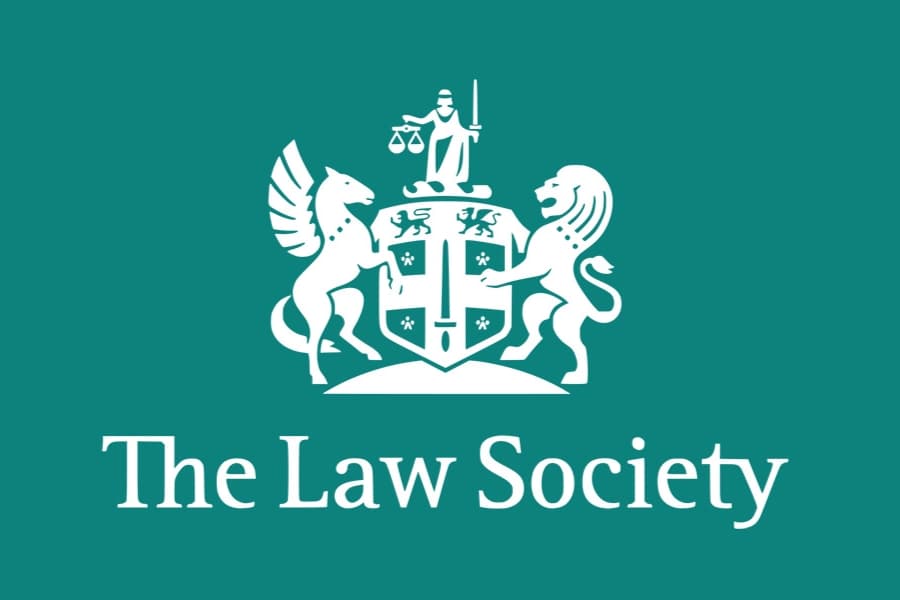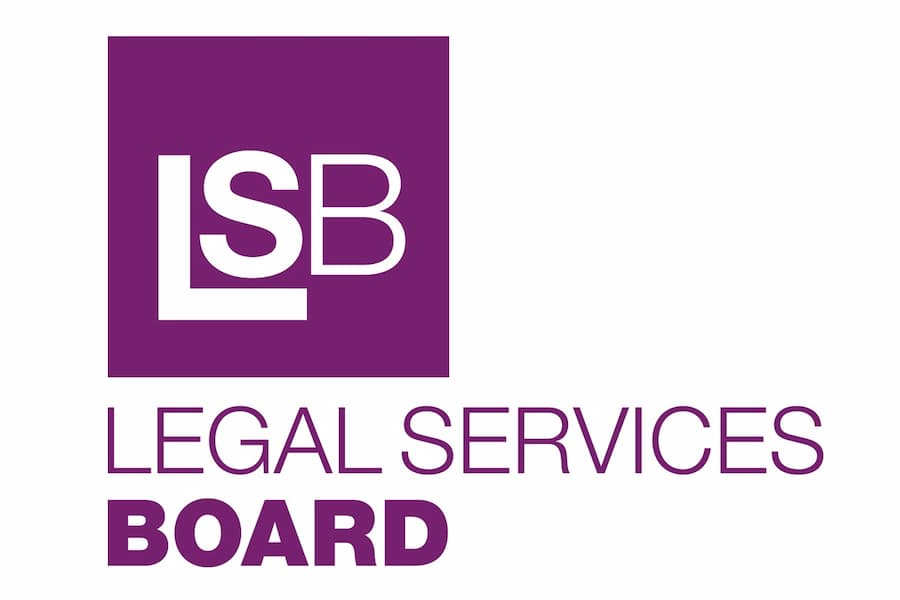Neil Pointon, a specialist in Solicitors’ PII from Howden Insurance Brokers explores the situations that could give rise to a claim against a Compliance Officer for Legal Practice (COLP) or for Finance and Administration (COFA) and the cover that could be afforded by a bespoke Directors’ and Officers’ (D&O) insurance policy.
When the Solicitors Regulation Authority (SRA) introduced the requirement that every firm must have a COLP and COFA in January 2013, they stressed that it was not their intention that those officers should become ‘sacrificial lambs’, to be held responsible for the sins of the firm. However, the whole idea of the COLP and COFA role is to give the SRA a single point of contact at a law firm: the SRA deals with the COLP or COFA. The COLP/COFA is responsible for taking reasonable steps to ensure compliance at the firm. There must therefore be a risk that as time goes on, the SRA will indeed take action against the COLP/COFA.
That would bring the exposure into line with that of the MLRO (Money Laundering Reporting Officer) within a business regulated by the Financial Conduct Authority (FCA), albeit that his/her responsibility is a statutory one. The FCA will typically take action against the MLRO alone where the systems and controls within a firm are inadequate, and they have imposed relatively substantial fines on MLROs, for which the MLRO is personally responsible.*
We have yet to see whether this potential exposure against COLPs and COFAs materialises as the SRA are still dealing, in the main, with pre-2013 regulatory breaches. What we are seeing is that in the newer cases, the SRA take action not only against the individual who committed the breach, but also the supervising partner and/or managing partner if they failed to establish or implement systems (e.g. a system of supervision) which might have prevented the breach.
If the potential exposure does materialise, the COLP or COFA might face a fine and costs award in favour of the SRA, as well as defence costs and disbursements. So long as the COLP or COFA has not acted criminally or intentionally, they can in principle be indemnified against a fine levied by the SRA, provided that the fine is legally insurable in the jurisdiction in which a claim is made.
Neither the fine, nor costs awarded to the SRA, nor defence costs, would be covered by the minimum terms & conditions which explains why legal practices need to think seriously about taking out the equivalent of a D&O insurance policy.
For those COLPs and COFAs who wisely obtained indemnities from the principals of their firm, as a condition of taking on the role, it is important to bear in mind that an indemnity only has as much worth as the worth of the giver. If a firm collapses, the principals of the firm may not be worth ‘powder and shot’ so an insurance policy that protects the COLP and COFA in these circumstances still has a value.
COLPs and COFAs are also required to report material compliance breaches to the SRA, and this is an area where the SRA may well take action against them personally if they fail to do so. COLPs and COFAs may have difficult judgment calls to make. Such judgment calls will probably not expose them, so long as they can demonstrate that they thought carefully about the issues and made a rational decision. Where they risk exposure is when they fail to report a material breach because they do not have systems in place for discovering material breaches.
There are further areas of exposure, which a D&O policy tailor made to meet the requirements of a law firm might cover, subject to its terms.
If a COLP/COFA receives information which comes to them in that capacity, and fails to act on it they could be in the firing line from their partners or creditors of the firm for failing to blow the whistle e.g:
- For failing to notify a claim or circumstances to professional indemnity insurers;
- For failing to put a stop to an irregular practice which causes a loss to the firm;
- Depending on the extent of the COLP/COFA’s involvement, it could be alleged that they are liable as a shadow director;
- If the COLP/COFA reports a breach by a principal or employee, or by the firm, they may face action by the partner, employee or by the firm, for wrongly reporting them and for the consequent loss. For example, the firm could be closed down by the SRA.
When considering these potential claim scenarios it is important to consider not just the financial impact of any fine levied by the SRA but the costs of mounting a defence. A well-structured insurance policy should cover both elements.
This article is designed specifically to explore the exposures faced by a COLP or COFA and the cover that may be available under a D&O insurance policy that is tailored specifically to meet the needs of a legal practice. It should be noted that there are a myriad of additional claims that could be bought against any or all of the ‘officers’ with a law firm. These will range from an allegation relating to the negligent and/or fraudulent misrepresentation of the financial standing of a company during an acquisition to claims arising against a Partner in relation to their role as the Director of a third party organisation.
The Howden Response
Howden offers a D&O insurance policy, underwritten by Dual Corporate Risks, and specifically designed to meet the requirements of a Solicitors practice.
D&O liability Insurance covers the owners, directors, officers and managers of a business against the risks associated with managing that business. Many think it is only relevant to companies; however just as a director of a company has fiduciary duties to that company, a member of an LLP owes a duty of care to the LLP. In certain circumstances a partner in a partnership will equally owe a duty of care to that partnership although in law the partnership is jointly and individually liable for any debts and liabilities. Today’s LLPs and partnerships together with their senior managerial staff have exposures, not only to their own employees, but also to regulators and shareholders of outside companies.
A D&O policy will indemnify a director, member, partner or officer for a wrongful act and in some instances the entity itself if it paid the indemnity on behalf of a director etc. Even more importantly it also covers the defence costs incurred in defending an action including criminal and regulatory investigations/trials. Often civil and criminal actions are brought simultaneously. Howden can tailor cover to meet the exact requirements of your business and keep it protected whilst ensuring it dovetails with your professional indemnity insurance.
*Personal liability only applies to banking/building societies where MLRO’s are approved persons It doesn’t apply to general insurance.
This article was submitted to be published by Howden Insurance Brokers Limited as part of their advertising agreement with Today’s Conveyancer. The views expressed in this article are those of the submitter and not those of Today’s Conveyancer.




















